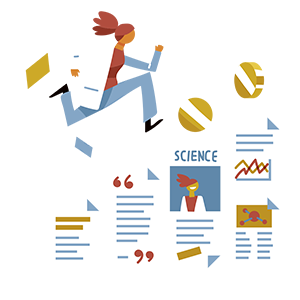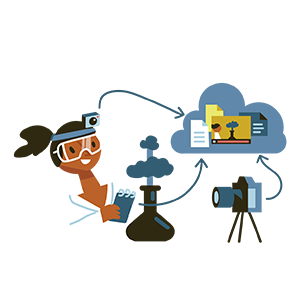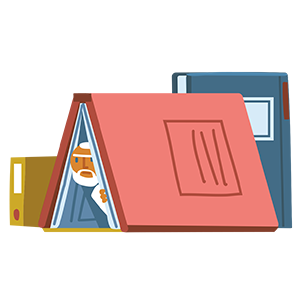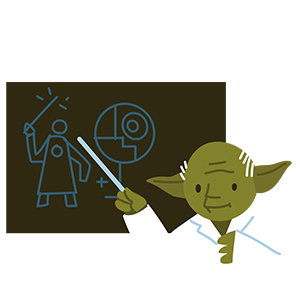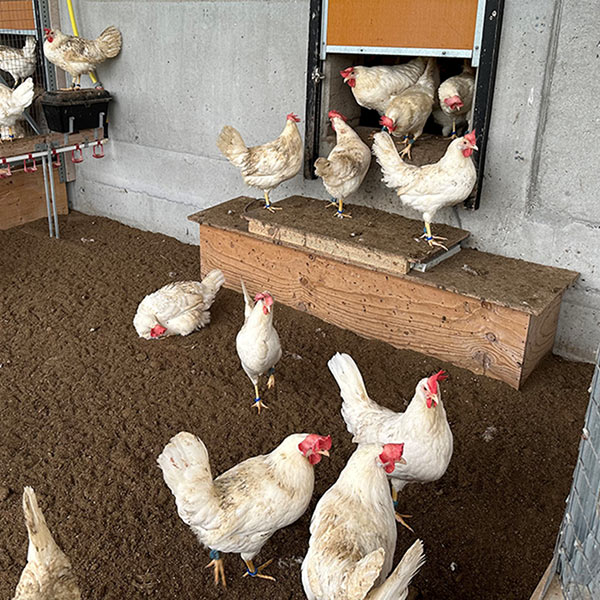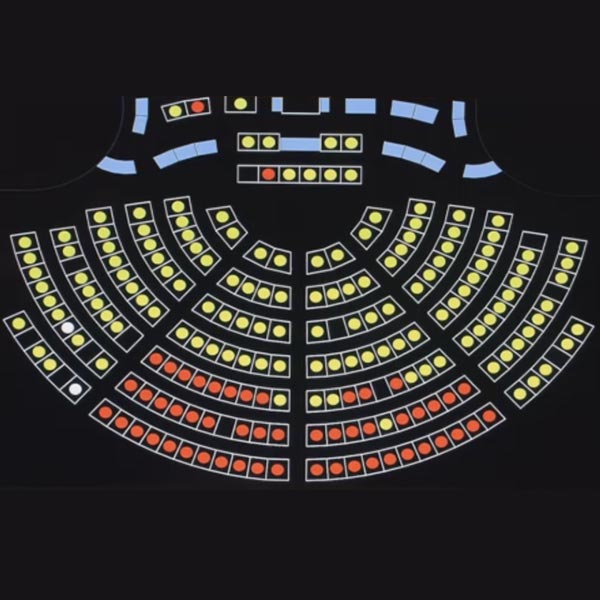Personality Quiz: What kind of scientist are you?
The chances of a good career are directly proportional to the length of your publication list. Or are they? Universities and funding agencies are increasingly taking a more holistic approach and you can now tick boxes with ‘outside’ activities, such as teaching, communication, open science and volunteering.
In the light of this broadening of the net, we’ve cobbled together a test for you to determine your profile.
1. It’s 5 pm on a Thursday, you are…
2. Having received a rejection letter from Nurture Journal, you…
3. Exciting results from your team reveal a new factor for economic development. You…
4. The Society of Serious Scientists has asked its members to suggest topics for its annual meeting. You propose…
5. Departmental rumours of plagiarism are stirring in relation to a particular colleague. You…
6. The local Liberal Socialist Party invites you to be a panellist on migration. You…
7. Student evaluations conclude that your quantum mechanics lectures are “boring”. You…
8. The Journal of Standard Research asks you to peer-review an article. You…
9. Your PhD student’s new antibiotic works! She wants to launch a start-up. You…
10. The Swiss Fund for Research has asked you to deliver a statement on the importance of international participation in science. You...
